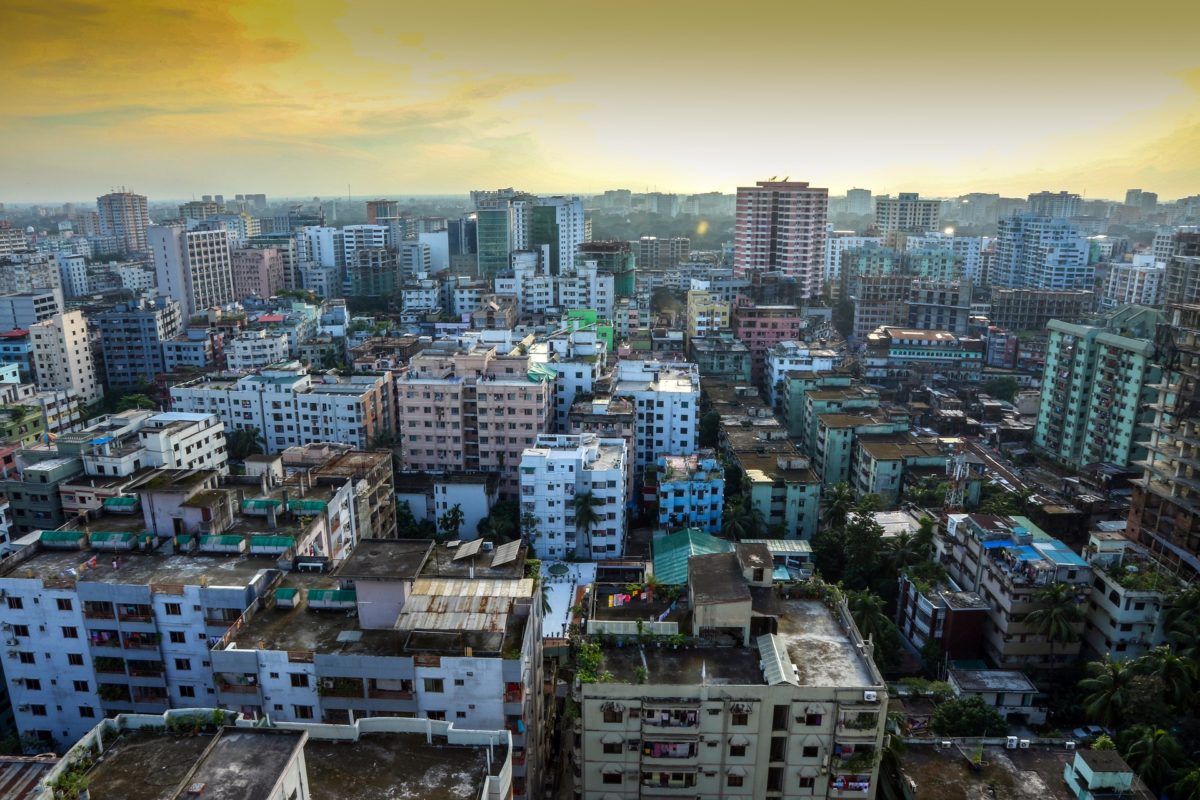With two international bodies releasing recent reports about the importance of renewables jobs to the energy transition and Covid-19 recovery, Bangladeshi clean energy regulator the Sustainable and Renewable Energy Development Authority (SREDA) wants to train a skilled rooftop solar workforce.
The regulator on Sunday issued a call to people who wish to gain PV installation skills, with the advent of net-metering in the nation having boosted the popularity of the technology.
The call for applicants is open to anyone who either holds a first degree in engineering or who holds a degree in any discipline and has had five years' experience in the solar sector.
Skills shortage
With the annual renewable energy jobs report published this week by the International Renewable Energy Agency (IRENA) noting a global shortage of skilled clean energy workers, SREDA said training was just as important as supplying good quality solar components.
“The net-metering guideline has mandated using [good] quality solar equipment,” said the regulator, adding: “Unless there is [good] quality design, installation and inspection, [the] possibility is there not to get [the] expected output from solar [systems].”
The IRENA report ranked Bangladesh as the fifth largest provider of solar jobs, with a 137,000-strong workforce last year, most of them employed installing the 5.8 million, off-grid solar home systems added to date. “Although most Bangladeshi solar jobs are in sales, installation and maintenance, some 10,000 people are also employed in module assembly,” stated the report, quoting a pv magazine article.
Ezaz Al Qudrat A Mazid, founder and CEO of Dhaka-based consultancy Solar EPC Development Ltd, told pv magazine most of the country's solar workers had not received formal PV-related training.
“Most of the workers who look after solar home systems are people like electricians, carpenters and aluminum fabricators and are not trained professionally,” said Mazid. “Our solar industry is not developed so far, apart from the installation of the solar home systems. Only eight IPP [larger, independent power producer] projects so far [have come] online, which could accommodate only a handful [of] skilled people.”
Opportunities
The chief executive said his company plans to offer scholarships, internships and full-time opportunities to installers as it bids to connect 200 MW of solar generation capacity within five years.
SREDA chairman Mohammad Alauddin echoed IRENA's warning about a shortage of skilled workers. He told pv magazine: “In both front line and mid-level [positions] we have [a] huge shortage of skilled manpower,” and said the regulator planned to work with private sector bodies to arrange training programs.
Another recent employment-related report, written by European private-sector body RES4Africa, highlighted the benefits and pitfalls of the energy transition in regions which are dependent on fossil fuel industries.
This content is protected by copyright and may not be reused. If you want to cooperate with us and would like to reuse some of our content, please contact: editors@pv-magazine.com.



By submitting this form you agree to pv magazine using your data for the purposes of publishing your comment.
Your personal data will only be disclosed or otherwise transmitted to third parties for the purposes of spam filtering or if this is necessary for technical maintenance of the website. Any other transfer to third parties will not take place unless this is justified on the basis of applicable data protection regulations or if pv magazine is legally obliged to do so.
You may revoke this consent at any time with effect for the future, in which case your personal data will be deleted immediately. Otherwise, your data will be deleted if pv magazine has processed your request or the purpose of data storage is fulfilled.
Further information on data privacy can be found in our Data Protection Policy.